Please login or click here to join.
Forgot Password? Click Here to reset pasword
This marvellous, romantic ruin was once one of the finest 18th century mansions on the Isle of Wight. The building, in a Classical style was begun in 1701 for the Worsley family, but was not completed until some 70 years later, when it was finally finished by the nephew of the original owner, Sir Robert Worsley from whom Sir Richard had inherited the estate.
The house is thought to have been ahead of its time with many French architectural influences. It was built to a grand scale with the wings of the building being more attractive than the front elevation. The style of the stone moulding around the main entrance door is typical English Baroque with the windows reflecting the same.
Of the rooms contained in the house, the Hall was perhaps the most stylish. There were columns of imitation marble, topped by Ionic capitals and a fabulous frieze, the Hall was further complimented by a beautiful marble floor. Sir Richard filled the house with life-time collection of treasures. Family portraits and mirror's would have graced the grand staircase and the elaborate main rooms leading from the hall would have been used as a backdrop for the family's stunning art collection, fine furniture and other artefacts.
The grounds of the house owe much to the flair of Capability Brown, although bereft of the usual lakes and temples beloved by the great Landscape designer, they were stunning in their simplicity showing lovely garden statutory and imposing gateways with grand vista's in every direction.
When Sir Richard died in 1805 the house was mainly used by the first Baron Yarborough as a retreat whilst sailing at Cowes. Later, Appuldurcombe House faced an uncertain future being used for a time as a luxury hotel, then it became a college for young men, and later it housed a small community of Benedictine monk's who had fled their abbey in France. For a long period of time the house was left uninhabited, but was put to good use during World War One and Two as accommodation for troops.
Left open to the elements the ravages of time took their toll, and the house fell into the attractive, partially restored ruin we see today.
Appuldurcome House is still surrounded by magnificent parkland and is the focus of the attention of holiday makers who occupy the idyllic stone holiday cottages in the grounds. You will also find an Owl and Falconry Centre in the grounds, this offers flying displays of birds of prey. Thus, this once great estate makes a wonderful place for a memorable family holiday in a picturesque setting. You can explore the island from here, do a bit of sailing, or simply remain at leisure in the peaceful surroundings of the estate.
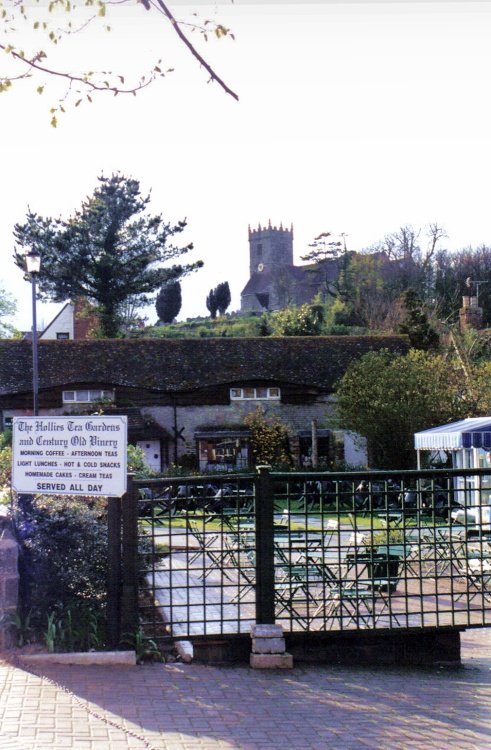
in the county of Isle of Wight
(1.5 miles, 2.4 km, direction NW)This is a gorgeous little spot which makes an ideal 'away from the crowds' location in which to sample peaceful Island life...
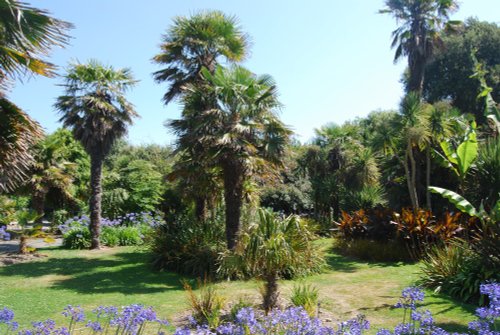
in the county of Isle of Wight
(2.0 miles, 3.2 km, direction SE)Ventnor is often called the Madeira of England and the reason for this is the 6 mile undercliff, an overhanging ledge formed by landslides, beneath which palms and tropical plants grow in great profusion...
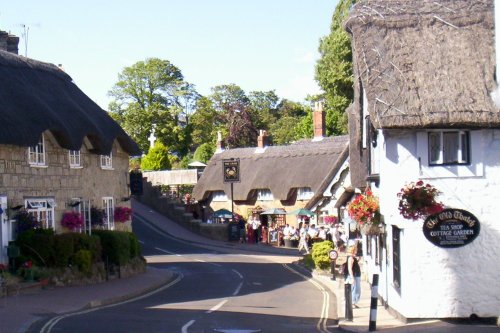
in the county of Isle of Wight
(2.9 miles, 4.7 km, direction NE)This is a busy and popular seaside town with cliffs rising in places to a height of around 150ft, the lower slopes lead down to the beach which opens up to a delightful bay...

in the county of Isle of Wight
(4.8 miles, 7.7 km, direction NE)Sandown was developed as a resort town during the Victorian era, many fine properties remain from these heady romantic times during which some quite famous people descended upon the town...

in the county of Isle of Wight
(6.5 miles, 10.4 km, direction N)County Town, being sited on the River Medina, about 5 miles from the sea. Despite its name, the town became the 'New Port' and was given its charter by Richard de Revers, Lord of the Island, as early as 1180...
All towns in Isle of Wight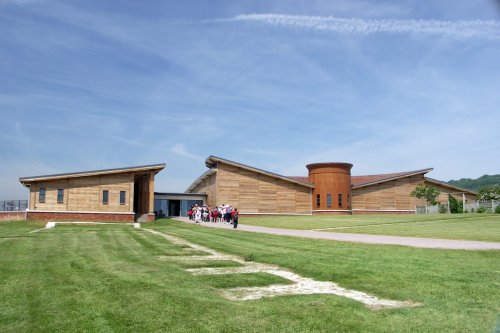
..

The Isle of Wight Zoo is a popular attraction located on the Isle of Wight, off the southern coast of England. Situated near the.....
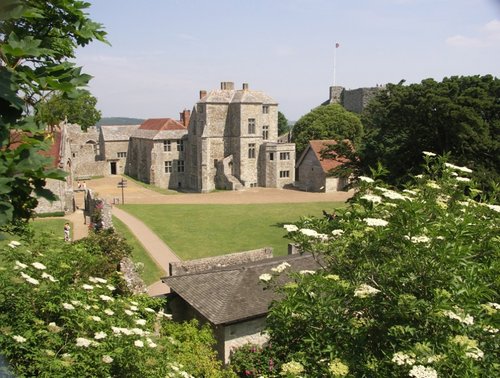
The castle is where the Roundheads kept King Charles I a prisoner from 1647 until shortly before his execution on 30 January.....
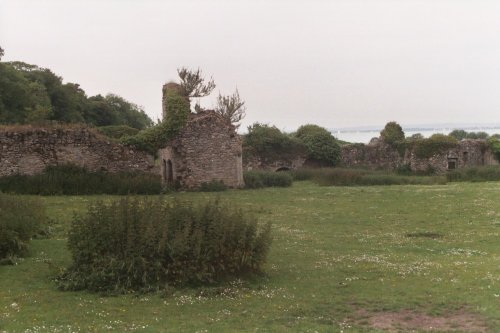
The ruins of Quarr Abbey can be found close to the entrance of Wooten Creek, a pretty waterway used by small fishing boats and.....
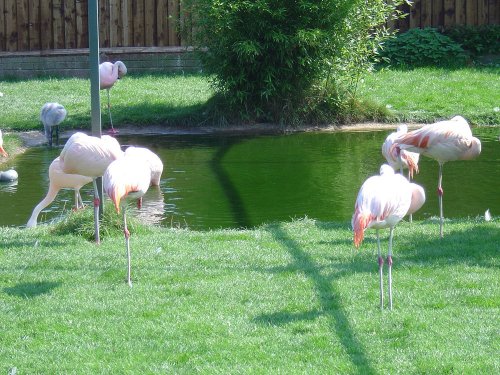
..